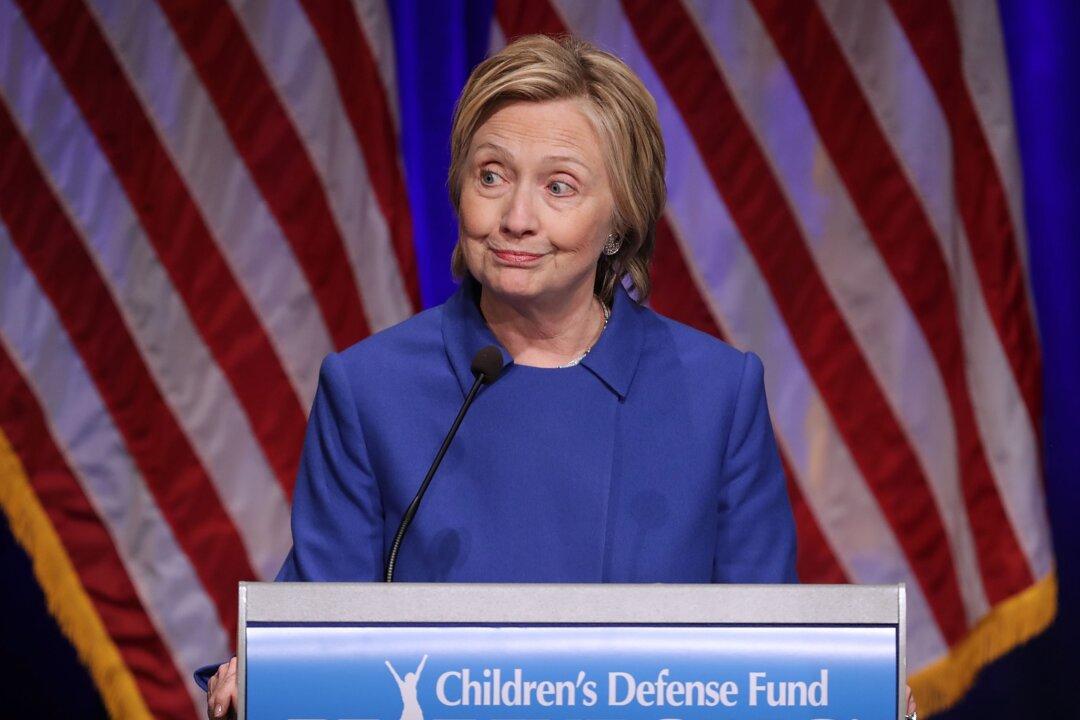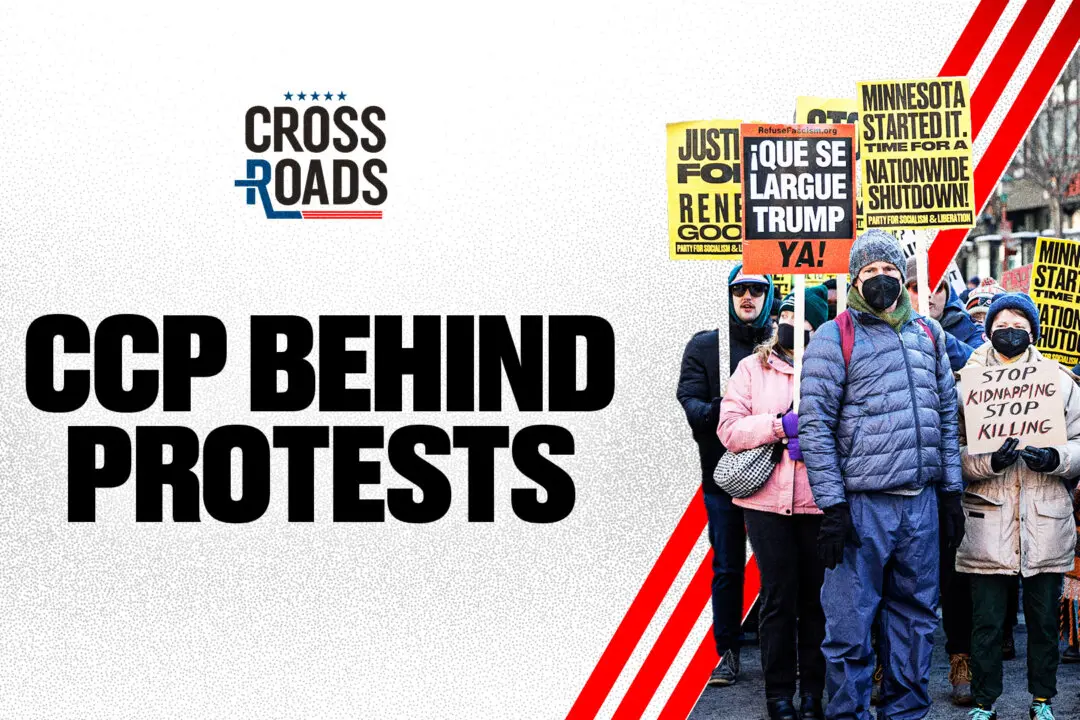The Hillary Clinton campaign and the Democratic National Committee (DNC) may have violated campaign finance laws by failing to properly disclose their financing of the dossier which helped spark the claims there was a Trump-Russia conspiracy.
Campaign Legal Center, a nonpartisan nonprofit on election laws, filed a complaint with the Federal Election Commission (FEC) on Oct. 25 that alleges that the DNC and Hillary Clinton’s 2016 campaign committee violated campaign finance laws.





